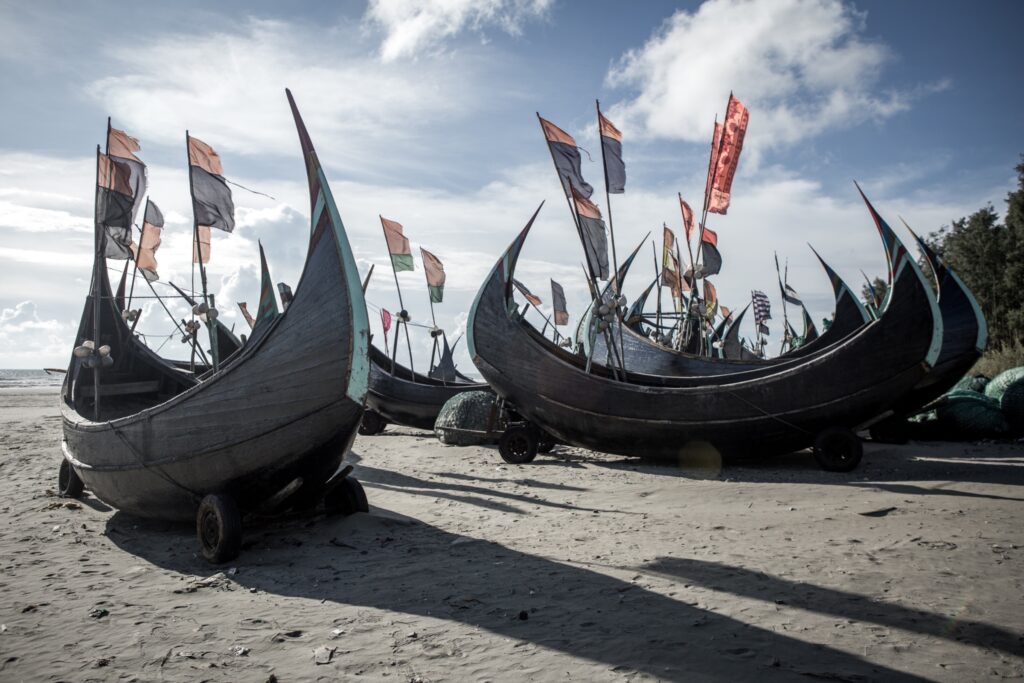A boat carrying 185 Rohingya refugees was reported getting ashore in Aceh Besar district in Indonesia this week, just after another wooden vessel with 58 people landed in the same region on Christmas day. Moreover, an unseaworthy vessel with about 180 people was presumed sunken in the Andaman Sea, according to UNHCR, and at least 20 Rohingya have died at sea in recent weeks while no efforts were made to save their lives by states in the region.
After weeks of insufficient water and food, the Rohingya adrift were found in severe health conditions. They were weak, exhausted from hunger and dehydration, and many were sick, after the long and rough voyage at sea.
The situation for Rohingya people in the Andaman Sea is becoming desperate while the number of desperate people setting off on perilous journeys in unseaworthy vessels has increased six-fold this year, compared to 2021.
MOAS is extremely concerned about the situation of the Rohingya in the region, having gained a nuanced and in-depth understanding and knowledge of the area during our missions in Southeast Asia. Indeed, between October 2015 and May 2016, MOAS monitored the Andaman route, which thousands of Rohingya people were using to flee Myanmar and – following escalating violence – in the summer of 2017, MOAS conducted another monitoring and observation mission, improving the situational awareness of conditions along this route.
Furthermore, as an NGO that has provided help and assistance to the Rohingya refugees who fled to Bangladesh since 2017, we have witnessed first-hand the horrors of people losing their lives in their attempts to reach a place where they can live safely. MOAS primary health centres, or Aid Stations, treated women, children, and men who escaped violence and persecution.
Today, MOAS provides expert training and support to refugees and local communities in that area, through one-of-a-kind training programs designed to help them face the dangers of flooding and fires in the camps.
Too many lives have already been lost in maritime crossings after being abandoned at sea for weeks or months. Once again, innocent victims see their hopes for a better life shattered against the barriers of indifference. People need to be rescued, not die from thirst and hunger waiting for a rescue that will never come. Policies to push back boats or create hostile environments for migrants and refugees do not stop people from taking to the sea.
Regional governments should prevent further loss of life but rescue Rohingya stranded at sea, following the fundamental rules of international maritime law.
In an area often forgotten, where the tragic persecution of Rohingya people is taking place in almost absolute silence, it is necessary to ensure that NGOs can help the most vulnerable. MOAS calls on all humanitarian organisations operating in the area to join their forces and work together to assist and rescue vulnerable people fleeing extreme violence and human rights violations. In recent years, too many Rohingya women, children, and men have already lost their lives while trying to save themselves and their families, looking for safety and a better future.
We must remain human and ensure that people are rescued at sea, while a diverse #SafeAndLegalRoutes system needs to be implemented so that Rohingya fleeing persecution and poverty can reach their destination without risking their lives.
#NobodyDeservesToDieAtSea

